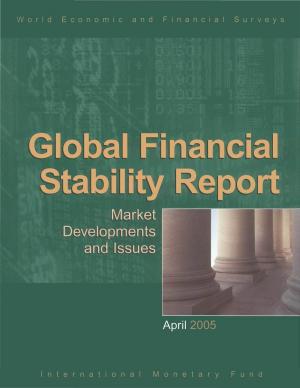Lessons from Successful Labor Market Reformers in Europe
Business & Finance, Economics, Money & Monetary Policy, International Economics, Nonfiction, Social & Cultural Studies, Political Science, Politics, Economic Policy| Author: | Anthony Mr. Annett | ISBN: | 9781455234660 |
| Publisher: | INTERNATIONAL MONETARY FUND | Publication: | May 1, 2007 |
| Imprint: | INTERNATIONAL MONETARY FUND | Language: | English |
| Author: | Anthony Mr. Annett |
| ISBN: | 9781455234660 |
| Publisher: | INTERNATIONAL MONETARY FUND |
| Publication: | May 1, 2007 |
| Imprint: | INTERNATIONAL MONETARY FUND |
| Language: | English |
Welfare states can be reformed successfully, and popular support for reforms can be maintained. But this requires an internally consistent package of labor market, fiscal, and product market reforms, including some kind of buy-in, through, for example, tax cuts. Empirical analysis combined with a select number of case studies-comprising Ireland, Denmark, the Netherlands, and the United Kingdom-reveals that successful reformers focused on increasing labor supply through benefit reform, lowering tax wedges, and lowering government consumption. At the same time, greater labor supply translated into employment growth more effectively in the presence of liberal labor and product markets.
Welfare states can be reformed successfully, and popular support for reforms can be maintained. But this requires an internally consistent package of labor market, fiscal, and product market reforms, including some kind of buy-in, through, for example, tax cuts. Empirical analysis combined with a select number of case studies-comprising Ireland, Denmark, the Netherlands, and the United Kingdom-reveals that successful reformers focused on increasing labor supply through benefit reform, lowering tax wedges, and lowering government consumption. At the same time, greater labor supply translated into employment growth more effectively in the presence of liberal labor and product markets.















